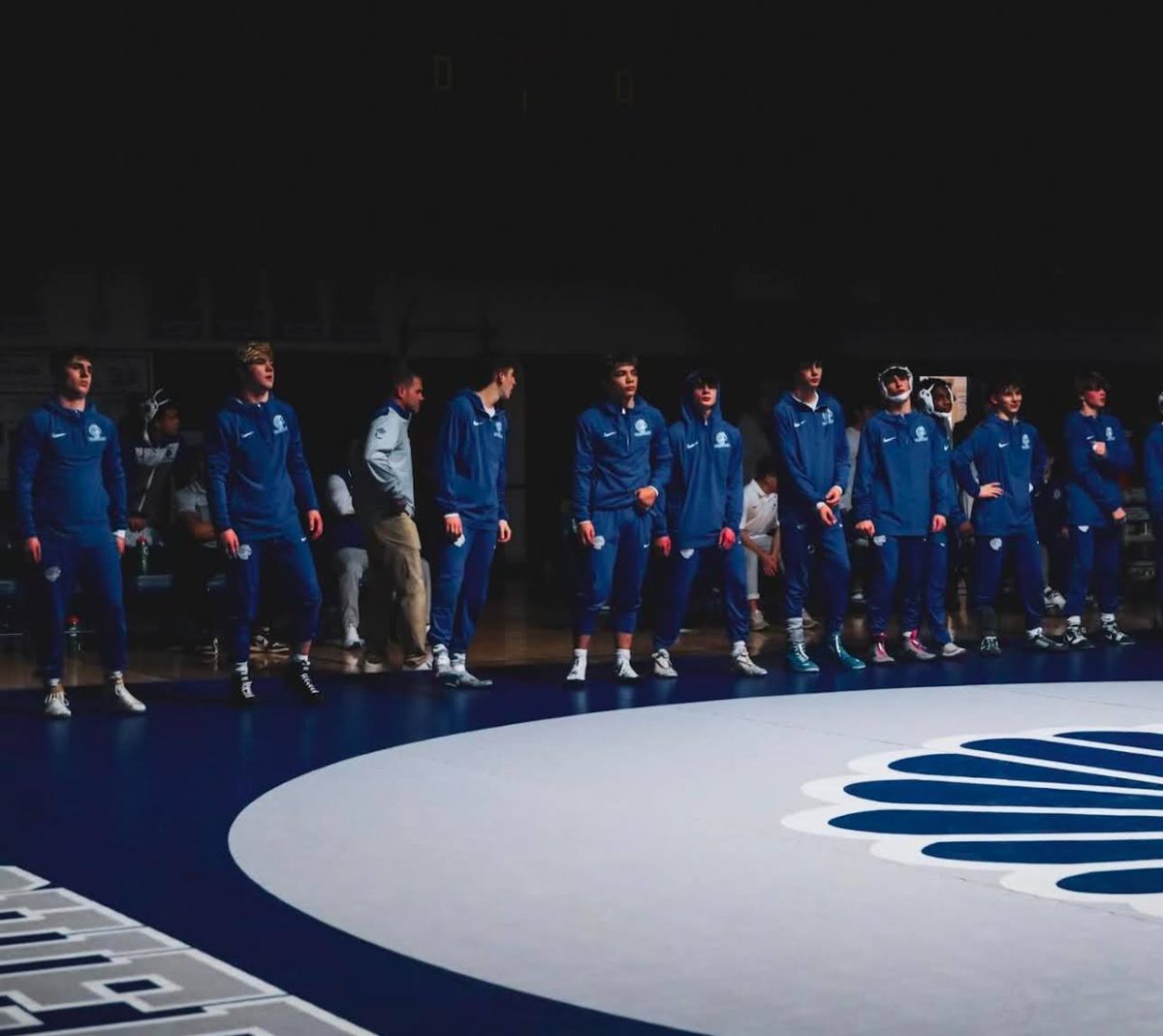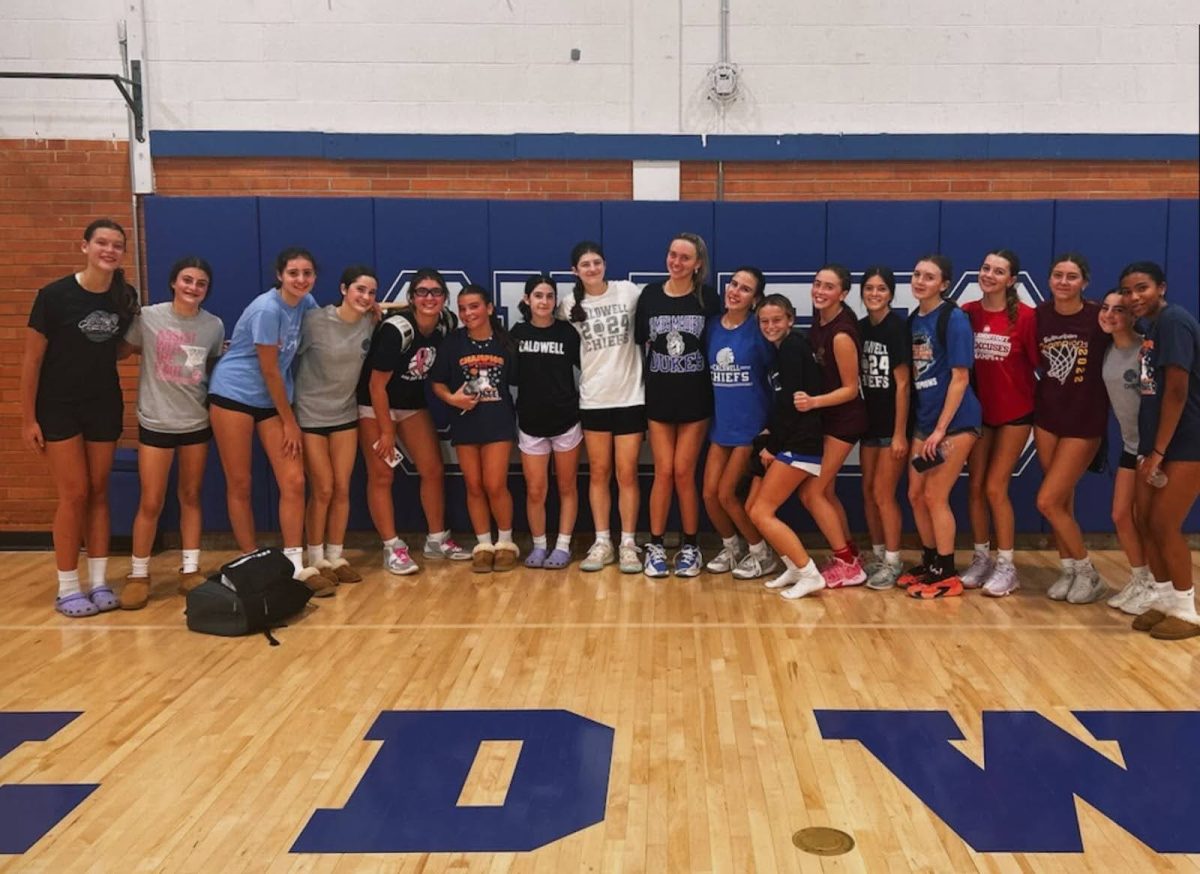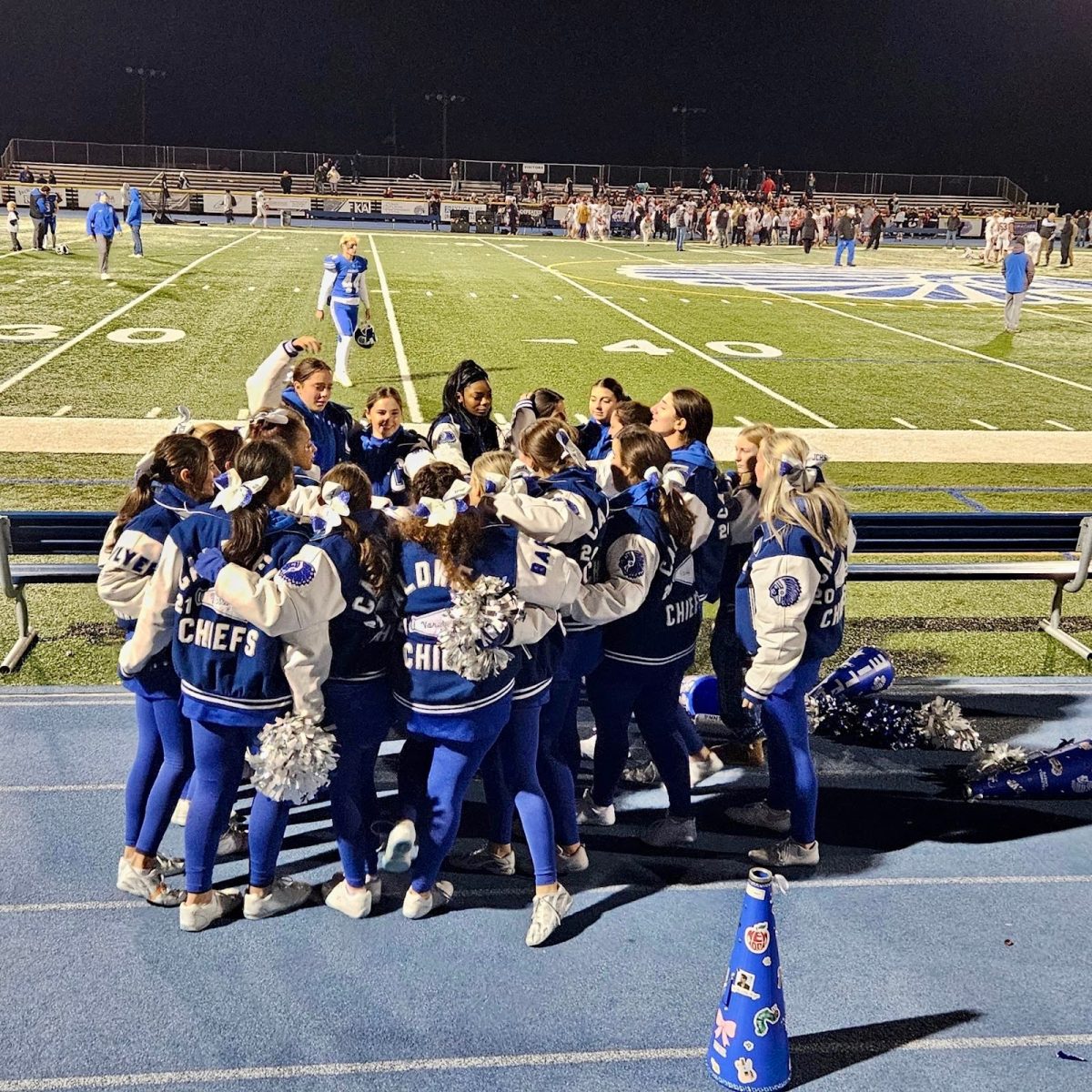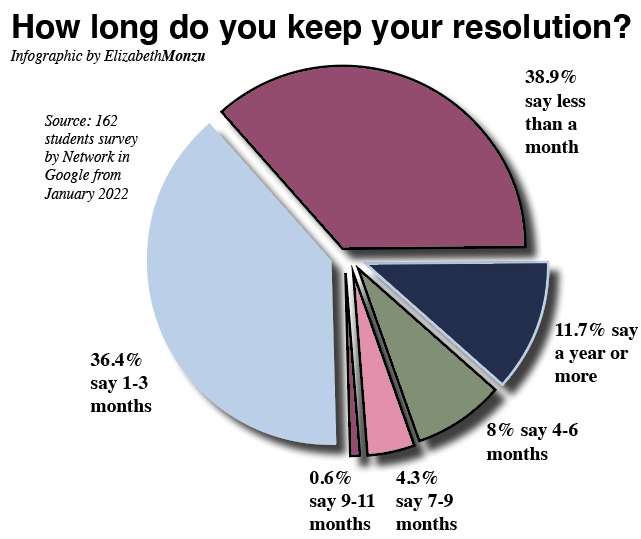On November 9th, the drug production company Pfizer announced that the Coronavirus vaccine they have developed, in partnership with the German company BioNTech, has proved to be over 90% effective in the studies they have conducted. About 43,500 volunteers participated in the development process of this vaccine. Out of the participants, 94 cases have been confirmed although less than 10% were among volunteers who had been administered the vaccine. The other 90% occured in patients that had been given a placebo. The vaccine would require two doses and would be effective 28 days after a person is administered the first dose of the vaccine. The trial is still in the third phase of testing, and as of November 8th, about 4,500 participants still needed to be administered the second dose of the drug. Volunteers will then be monitored closely for the next two months.
Unlike other vaccines, Pfizer used a different approach to this drug to generate a response in the immune system. This vaccine uses mRNA so that cells will be able to build pieces of protein that are identical to the virus. Using this approach with genetic material, the drug allows the immune system to identify these sections of proteins as a threat. Then, if any infection occurs in the future, the immune system will quickly recognize and then attack the virus. Unfortunately, Pfizer still does not know how long the vaccine gives protection from the virus. Like the flu vaccine, protection could last one year or it could be much longer. More studies and observations will be conducted to determine this. One challenge Pfizer will face is the storage of these vaccines, which must be kept at -94 degrees fahrenheit. For transportation purposes, this poses a huge problem that will need to be resolved in the near future.

As of now, there are no safety concerns regarding the vaccine although there may be some side effects. These include mild flu-like symptoms such as a sore arm, a fever, and muscle aches. When talking about the potential side effects of the vaccine, Dr. William Schaffner, a Professor of Preventive Medicine and Health Policy at Vanderbilt University Medical Center, remarked that “We are asking people to take a vaccine that is going to hurt,” and there will be many “sore arms and substantial numbers of people who feel crummy, with headaches and muscle pain, for a day or two.”
Since the vaccine is 90% effective, social distancing and mask wearing will still need to be implemented even when the vaccine is widely distributed. These protocols will also still need to be followed because unfortunately, only half of Americans were willing to be vaccinated as of October. As of right now, countries will most likely look to first vaccinate the vulnerable parts of their population, citizens with underlying health conditions and the eldery. Healthcare workers and providers will be among the next groups to be vaccinated along with essential workers. The general public will then be administered large numbers of the vaccine to help reach a state of immunity.
With more than 50 million doses expected to be distributed this year and another 1.3 billion in 2021, many are feeling hopeful for the first time since the beginning of the pandemic. The travel industry, greatly affected by the pandemic, saw an increase in stock prices this week and there was also an increase in searches for tours and vacations. The Dow Jones Index also increased by 1,600 points this week as a result of the news and a hopeful future. Although this is a good sign for what is to come, it will still be a long time before we are able to revert back to normalcy or even something close to the lives we used to live. For the time being, we must all continue to practice social distancing, wear masks, and wash our hands to slow the spread of COVID-19.
Sources:
https://www.cnn.com/travel/article/covid-vaccine-travel/index.html
https://www.cnn.com/2020/11/09/health/pfizer-covid-19-vaccine-effective/index.html
































